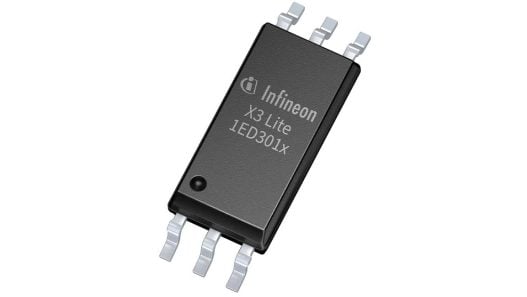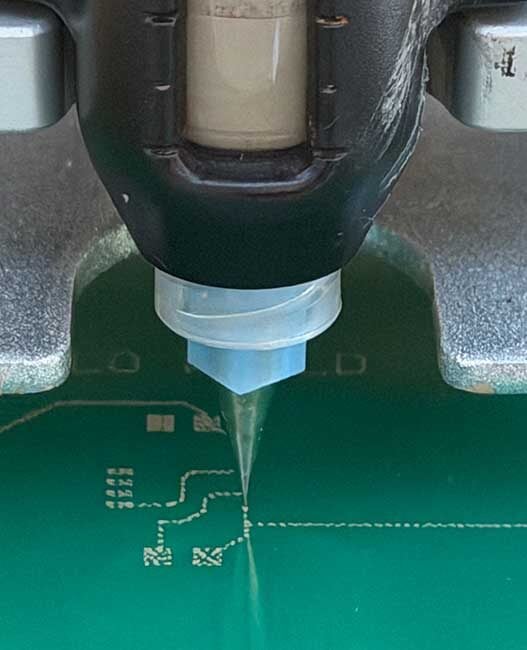Building on previous generations of ST’s Field-Oriented Control (FOC) of Permanent Magnet Synchronous Motors (PMSM) SDK, the new version 5.0 firmware libraries align with the STM32Cube Hardware Abstraction Layer (HAL) and Low Level (LL) architectures, which eases development, customisation, and debugging. In addition, free access to source code gives developers extra flexibility, control, and customisability.
New with MC-Workbench version 5.0, the Graphical User Interface (GUI) leverages the STM32CubeMX workflow to set up the project, configure microcontroller peripherals, and generate initialisation code automatically. It also lets users monitor and change control loop parameters in real time, as they develop or debug their projects.
A rich selection of algorithms are included implementing popular PMSM-control techniques such as Maximum Torque Per Ampere (MTPA) to maximise efficiency and handle varying load conditions.
Flux-Weakening control for extended speed range and feed-forward control for enhanced stability at high speeds are also included. Further features include “start-on-the-fly” to ensure smooth drive insertion when the rotor is already turning, which is often needed for outdoor fans such as in air conditioners or smoke extractors.
Users can take advantage of proven, powerful SDK features including the Motor Profiler, which helps characterise most aspects of a motor quickly by automatically detecting the electrical parameters (stator resistance (Rs), inductance (Ls), and motor-voltage constant (Ke)), as well as mechanical friction and inertia.
A variety of flexible motor-control strategies are also supported, including current sensing with single- or triple-shunt or isolated current sensors (ICS), rotor-position detection using encoder or Hall sensors, or sensorless control. The SDK also supports dual-motor applications, leveraging the rich analog features and multiple motor-control timers integrated in many STM32 variants.















